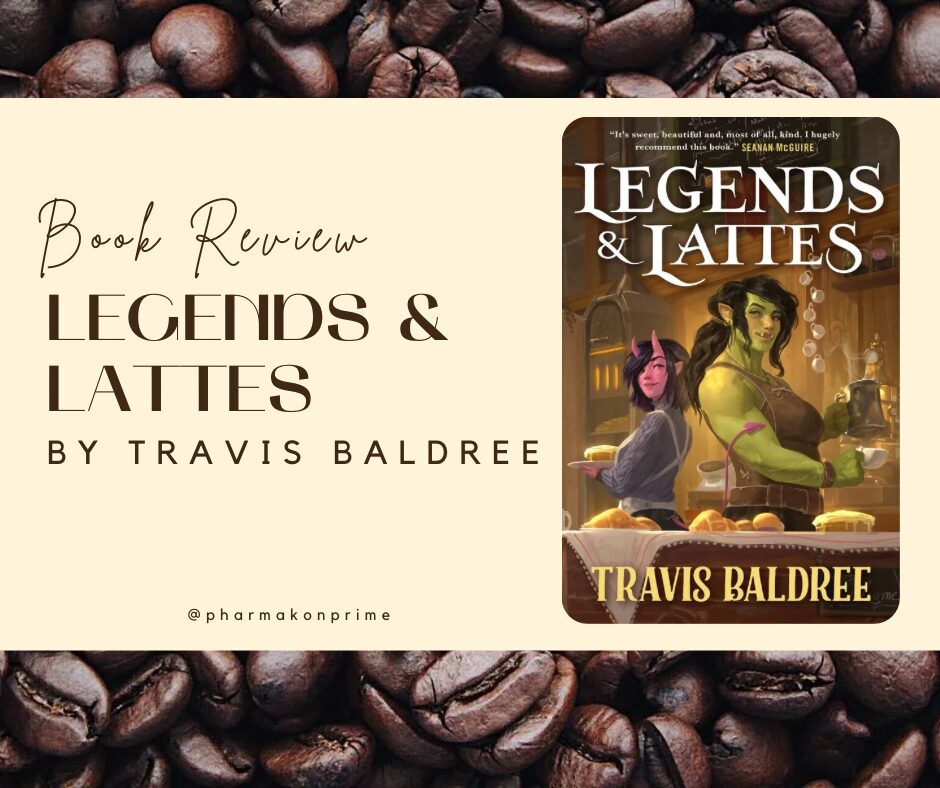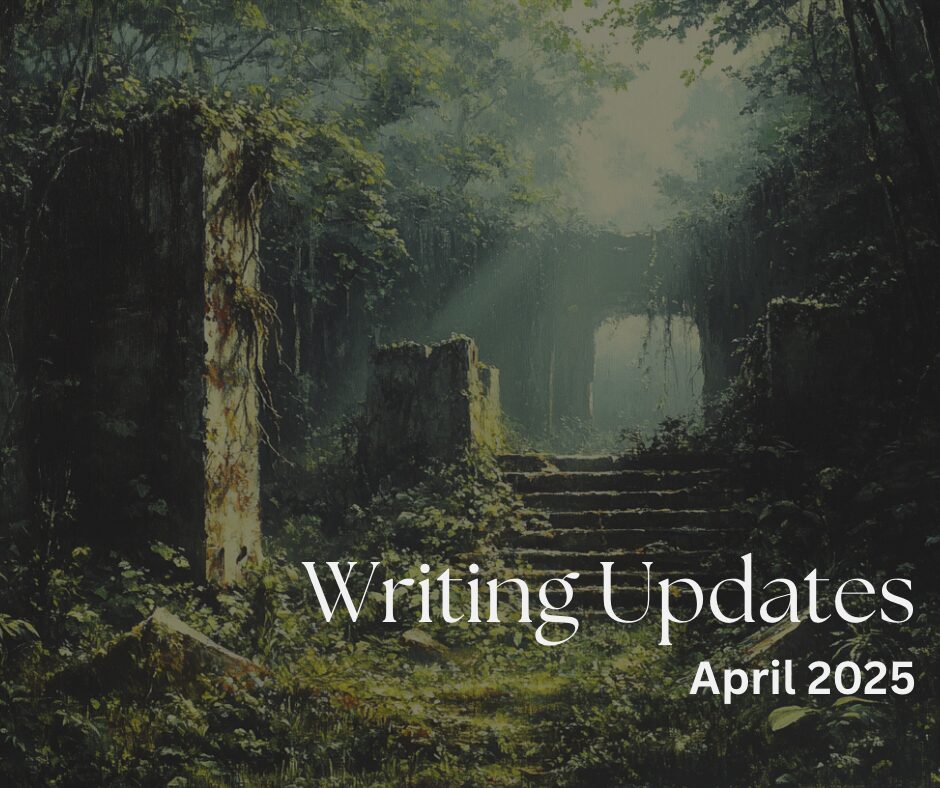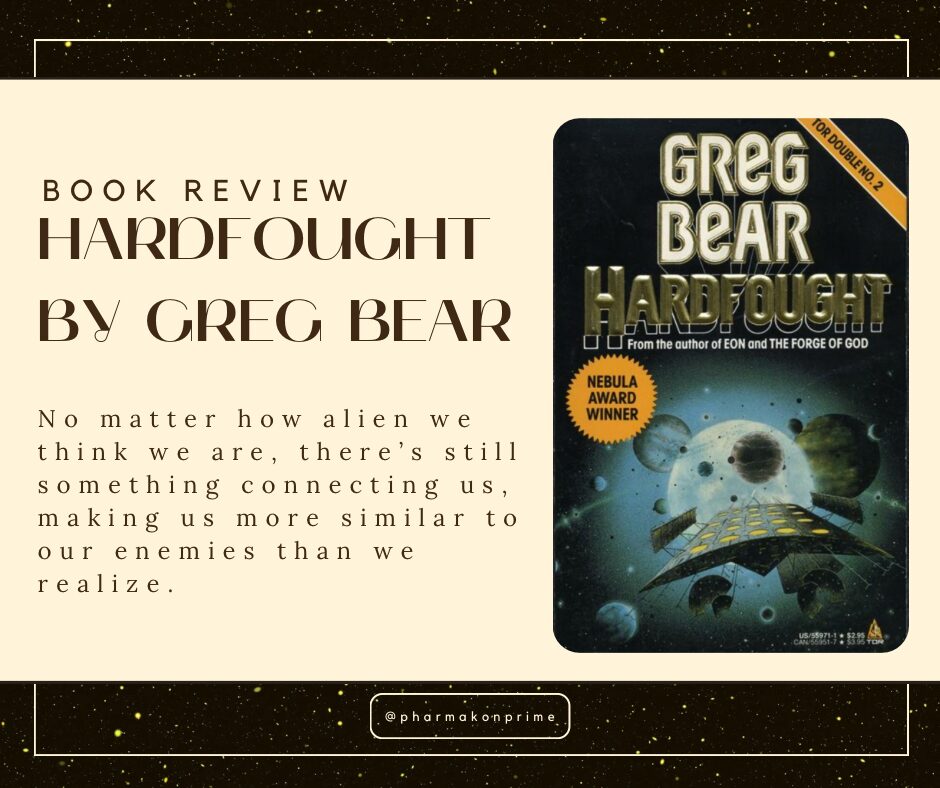In this article, I’d like to go over what themes are in writing, how they apply to fantasy and science fiction, and how you can use the concept of theme as a writing tool. I’ll also give you a list of themes for any genre.
What are Themes in Literature?
First, I’d like to define what I mean by “theme” so that we’re all on the same page. This is what Oregon State’s School of Writing, Literature, and Film has to say:
Basically, a theme is the greater idea that the story is about. Most long form writing, like novels, have more than one theme, while short stories tend to only have one or two themes.
Themes Specific to Speculative Fiction
The great thing about writing speculative fiction is that you can write a story about absolutely any theme, and as such, there’s not really any definitive list of “themes in fantasy and science fiction.”
I’ve heard a lot of people talking about tropes in fantasy and sci-fi. A trope is just a thing that happens in a story that also happens a lot in other stories of its kind. For example, super hero stories usually start with an origin story. Fantasy stories often have swords and evil empires. But I’d like to encourage you to stop thinking in tropes and start thinking in themes. If you start at the top with your “big idea,” then it’s so much easier to come up with a meaningful story about people that matter.
Then if you want to add in swords, evil empires, and magical origin stories, you can do that–but they now serve a higher purpose. Spiderman’s origin story isn’t just him getting bitten by a spider; it includes a catalyst (his uncle dying) that drives his whole world view: protect the innocent and the weak. Luke Skywalker doesn’t just wake up one day and decide he wants to be a lightsaber-wielding Jedi–he sees the evil around him (aunt and uncle dying, princess who needs rescuing) and wants to be a force for good in that fight against evil.


Themes as Tools
Themes often arrive in a story all on their own, but if you find that your story is a bit limp or directionless, take a look at whether or not you have a theme and whether it’s the right theme for your story. For example, as I was writing Muspell’s Sons, the themes that formed around my character Cadmus Brand were ones of friendship, freedom vs control, and having the strength to do what’s right even if it seems impossible. I didn’t set out to write the story that way, but once I saw them developing, I leaned into them and tried to make them more a part of the story.
List of Themes
Here’s a list of themes that can get you started. They’re not in any particular order, it’s not an exhaustive list, and it’s not specific to any genre.
- Good vs. Evil
- Hero’s Journey
- Magic and the Supernatural
- Coming of Age
- Redemption
- Nature vs. Technology
- Predestined Fate
- Sacrifice
- Immortality and Mortality
- Friendship and Loyalty
- Tolerance and Diversity
- Identity
- Love and Relationships
- Isolation and lonliness
- Social Injustice
- Meaning of Life
- Loss and Grief
- Moral Dilemmas
- Memory and Nostalgia
- Society and Culture
- Art and Creativity
- Power and Control
- Tradition vs. Change
- Conflict vs. Coexistence
- Dystopia/Utopia
- Technology and its implications
- Exploration
- What it means to be human
Conclusion
I hope this helps you understand better what themes are in writing fantasy and sci-fi and how you can add them to your writing toolbox.


